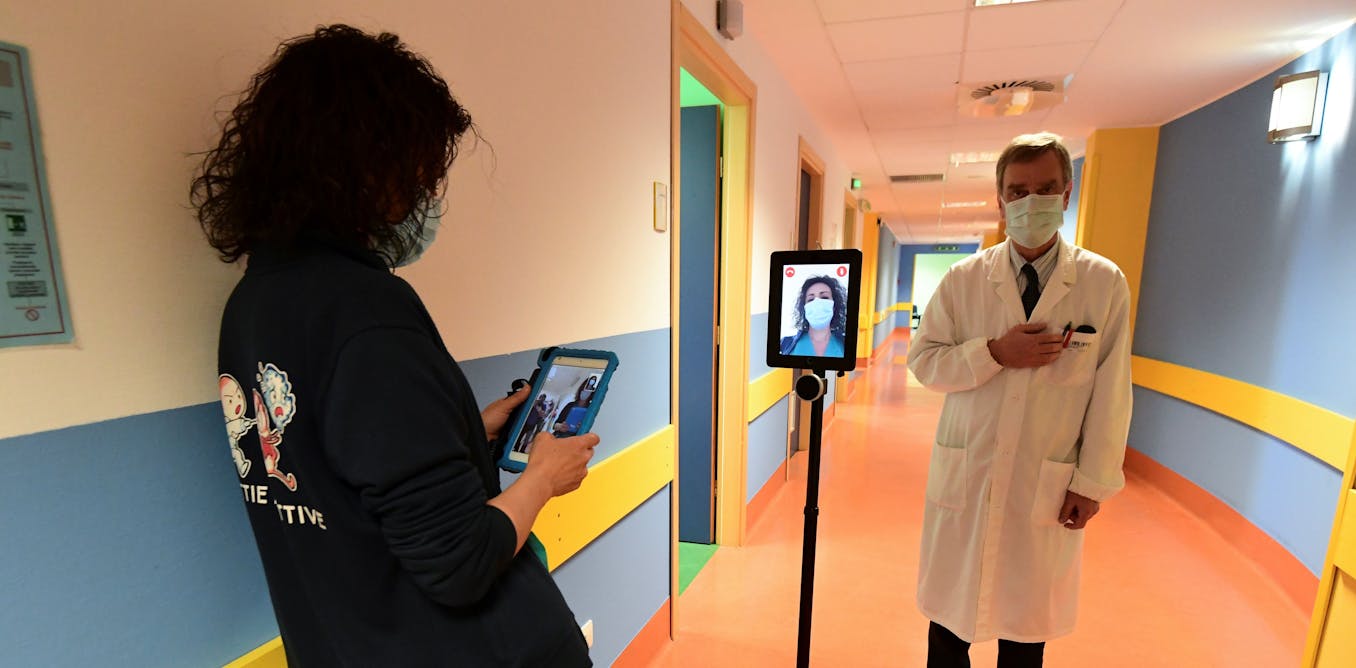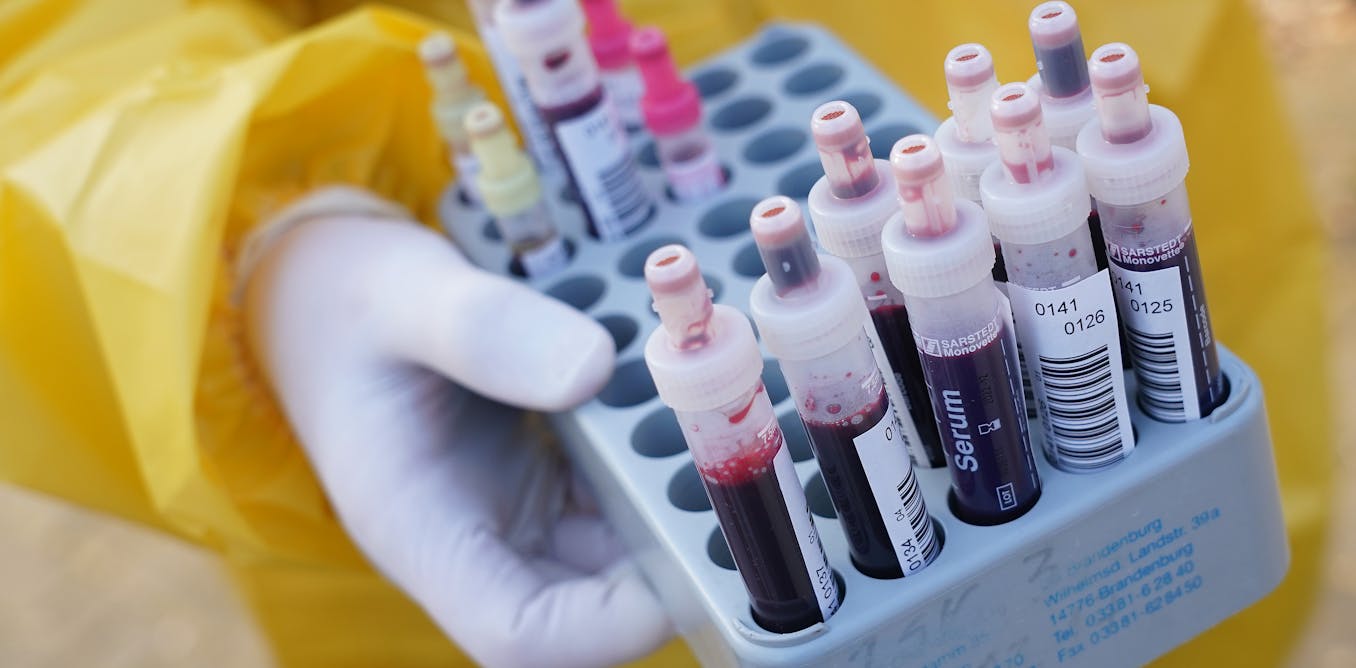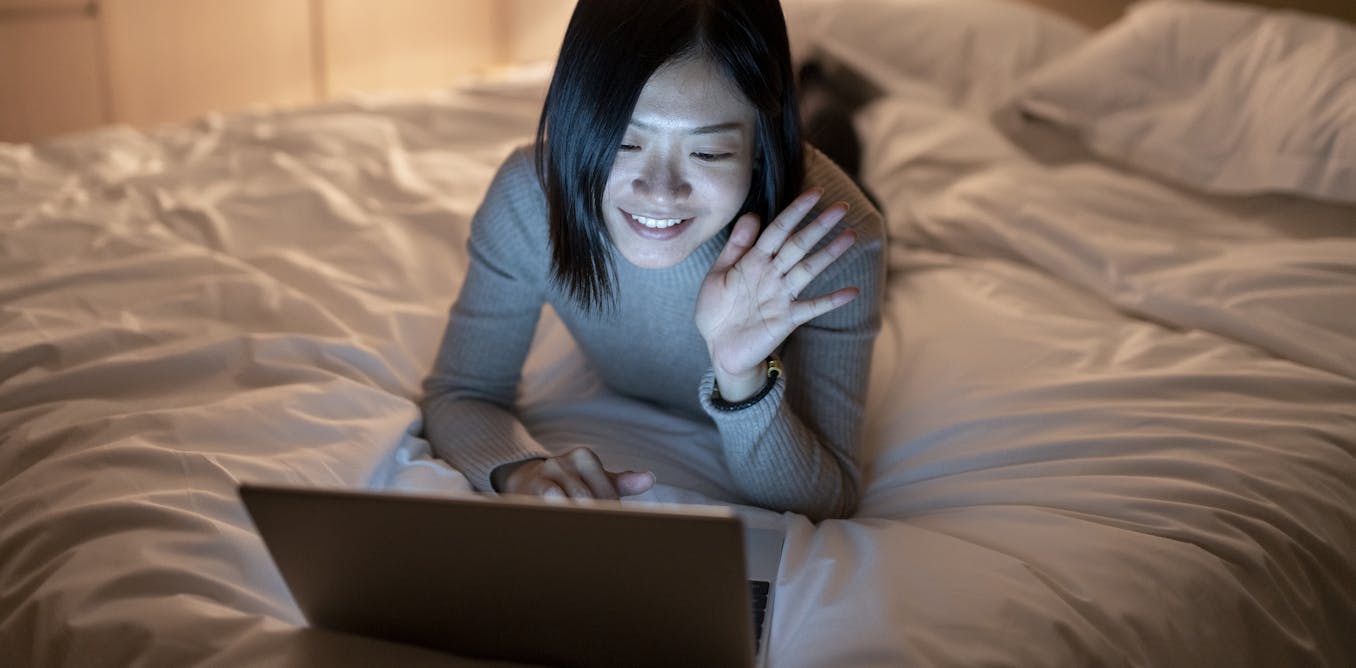AI tool searches thousands of scientific papers to guide researchers to coronavirus insights
The scientific community is churning out vast quantities of research about the coronavirus pandemic – far too much for researchers to absorb. An AI system aims to do the heavy lifting for them.
May 12, 2020 • ~5 min






